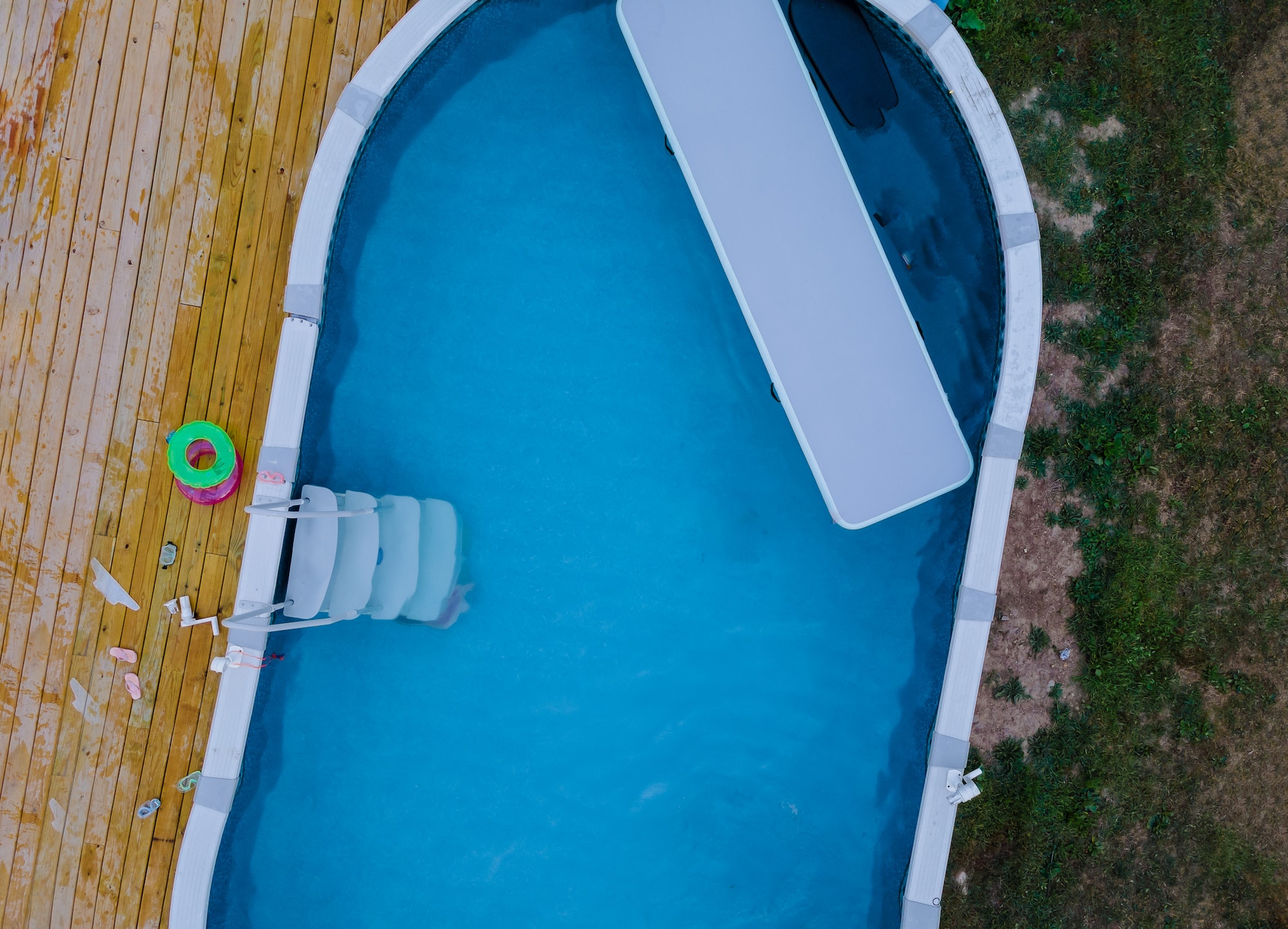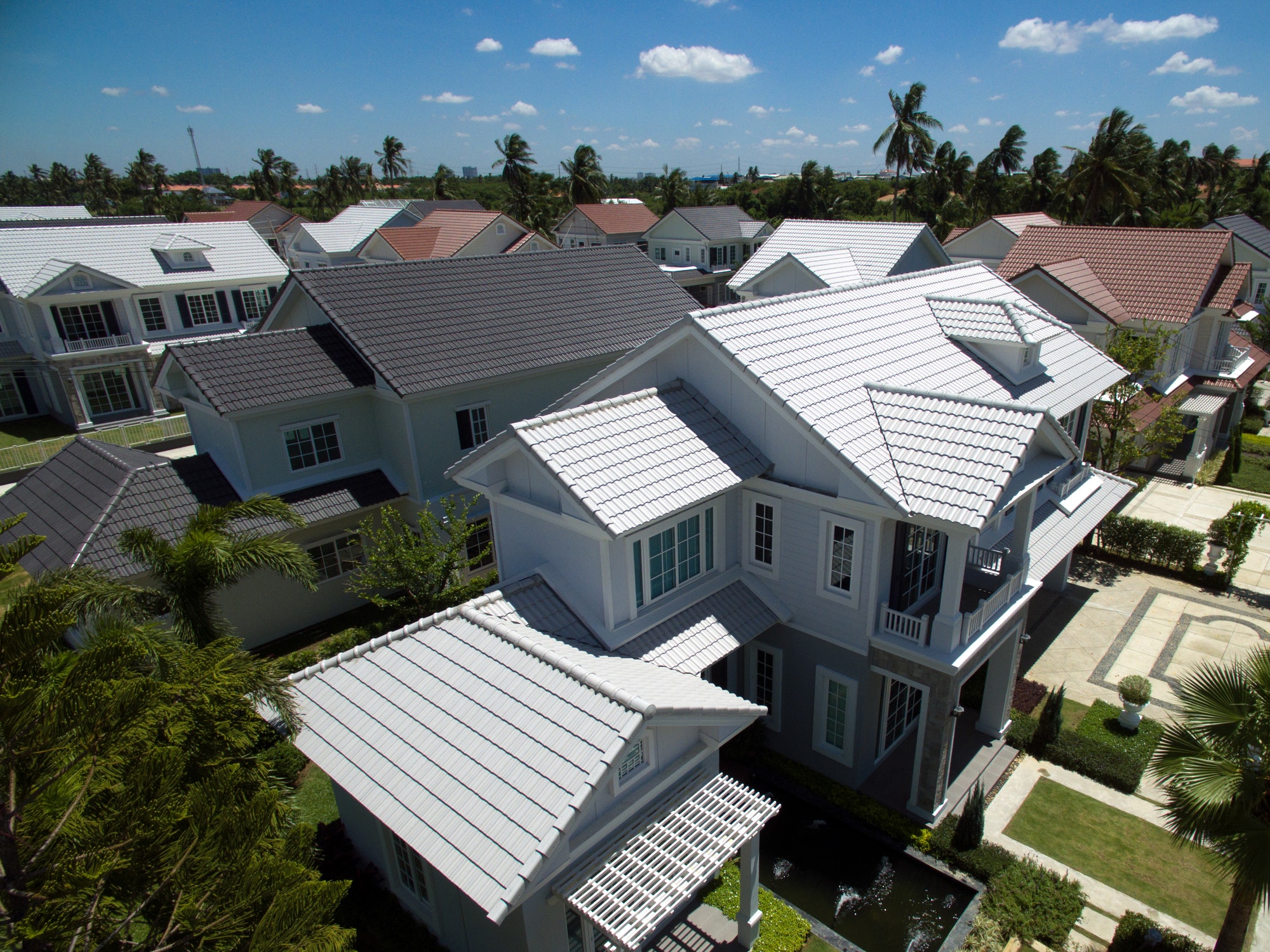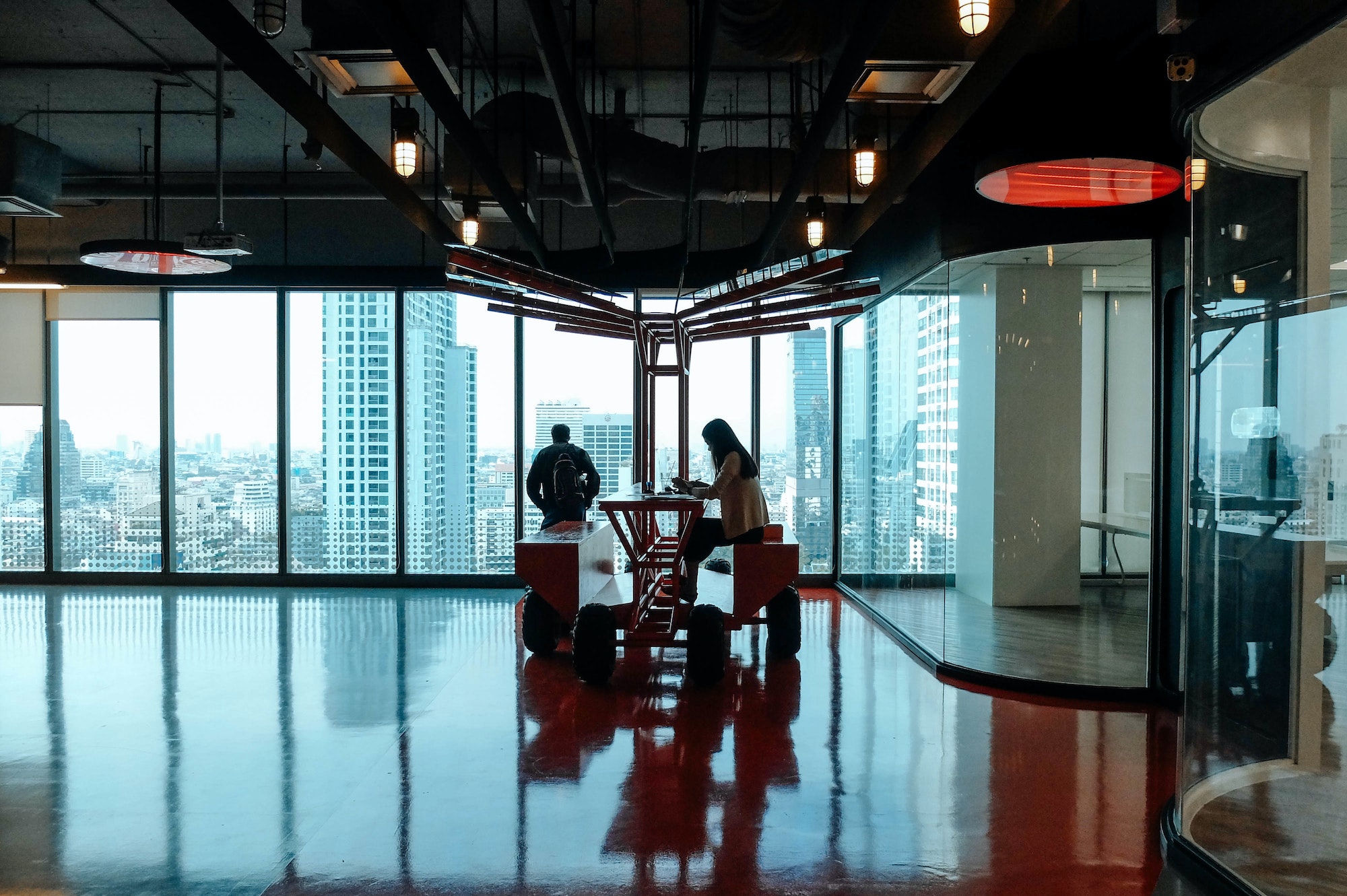In today’s world, facing the pressing issues of climate change and striving to reduce our impact on the environment, the significance of implementing sustainable and energy-efficient solutions in different sectors cannot be overstated. The focus on following these environmental-friendly practices further extends to various recreational activities, with swimming pools being no exception.
Traditional pool systems consume a significant amount of energy and water, leading to high operating costs and adverse environmental effects. However, energy-efficient pool systems aim to balance, providing a pleasurable pool experience and offering an array of benefits that align with the green future.
So, if you are planning to make your swimming pool energy-efficient and reduce costs, here are a few tips to help you:
Use Solar Technology
Solar technologies harness the power of the sun, providing a multitude of benefits that not only save energy but also support the worldwide shift towards renewable sources of power. Traditional pool heating systems, such as electric heaters or gas, consume a large amount of energy and lead to high operational costs.
However, solar heating systems use solar collectors to capture the sun’s rays and convert them into heat. Also, installing solar-powered pumps with photovoltaic panels helps convert sunlight into electricity, powering the pumps during daylight.
Prevent Water From Evaporation
Evaporation is a significant cause of heat loss in swimming pools, requiring frequent heating to maintain the desired water temperature. Solar pool covers, also known as solar blankets, act as insulators; they help trap the sun’s heat and prevent it from escaping its surface.
Additionally, pool blankets reduce water evaporation, minimizing the need for constant refilling and conserving water resources.
Installation of Energy-Saving Lights
Replacing pool lights with energy-saving lights has significantly longer lifespans than traditional bulbs. LEDs, for example, can last up to 25 times longer than incandescent bulbs. With this extended lifespan, you will save money on maintenance costs and reduce the amount of burnt-out bulbs being disposed, which can be harmful to the environment.
Some energy-saving lights are also compatible with solar-powered pool systems. Since they consume less energy, they can be effectively powered by solar panels, further reducing dependency on conventional energy sources and lowering operating costs.
Filtration System
A well-designed filtration system ensures the pool water remains clean and safe for swimmers while minimizing energy consumption and water waste. Modern filtration systems are designed to capture and remove particles and impurities more efficiently, allowing the pool pump to run for shorter periods.
Another key component of an energy-efficient filtration system is a variable speed pump. Unlike single-speed pumps that operate at a constant high speed, you can adjust the variable-speed pumps at different speeds based on the pool’s needs. During periods of low pool usage, such as overnight or when the pool is idle, they have the ability to run at lower speeds, resulting in a remarkable decrease in energy consumption.
Invest In A Good Pool Cover
One of the primary benefits of a pool cover is its ability to prevent heat loss from the pool water. Evaporation significantly contributes to heat loss in swimming pools, and a pool cover can drastically reduce this phenomenon.
By trapping the heat within the pool, the cover maintains the water’s temperature, reducing the energy required to heat it back to the desired level. This is particularly advantageous for pools in colder climates or during the cooler evenings.
A pool cover also cuts down on chemical usage; when pool water evaporates, it takes a portion of the chemicals used to maintain water quality. With less evaporation due to the pool cover, there is a reduced demand for adding chemicals like chlorine to maintain water balance. This not only saves on chemical costs but also lessens the environmental impact of chemical usage.
Use Windbreaker
Windbreakers act as barriers against strong winds that quickly evaporate the water’s surface heat. By reducing wind exposure, windbreakers retain the pool’s heat, especially during cooler days and nights.
Evaporation in swimming pools causes significant heat loss. Replacing the lost water and maintaining a steady temperature requires a lot of energy. Windbreaker helps lower the water consumption by minimizing evaporation and reducing the workload on pool heating systems.
Connect to Professionals and be a Responsible Pool Owner
Energy consumption of pools can be achieved by diligently looking into the following essential aspects of pool maintenance:
- Keep pool surfaces clean.
- Regularly empty both the skimmer basket and pump basket.
- Keep the cartridge filter clean.
- Follow the sanitation measures to combat bacteria and uphold water clarity.
- Regularly hire professionals to inspect the electrical system of the pool.
By implementing these energy-efficient strategies, you can enjoy a cost-effective and environmentally friendly pool while contributing to a sustainable future.
Discover more from Futurist Architecture
Subscribe to get the latest posts sent to your email.



